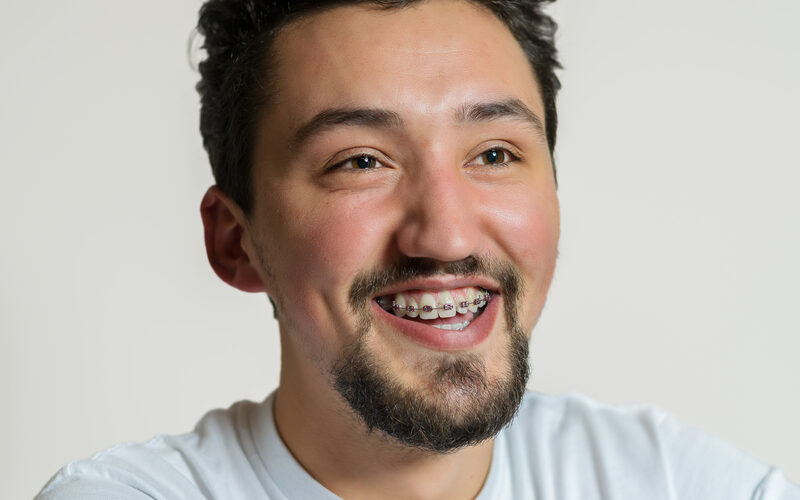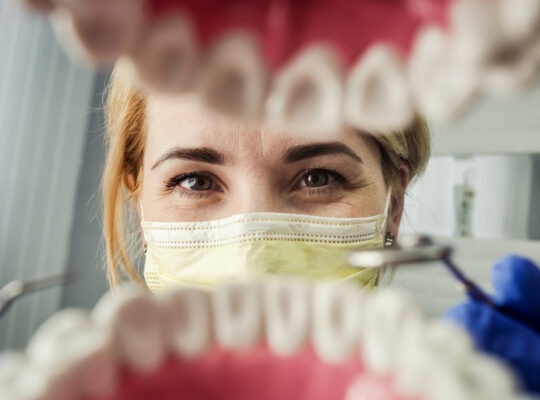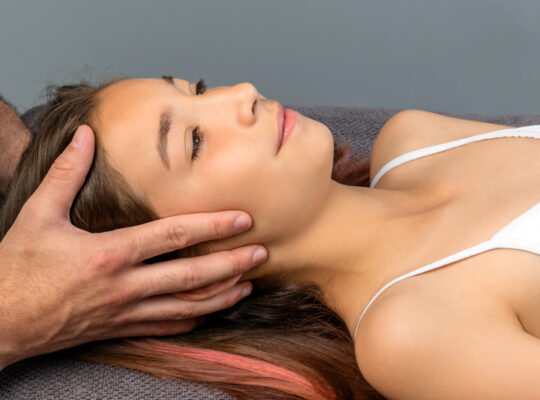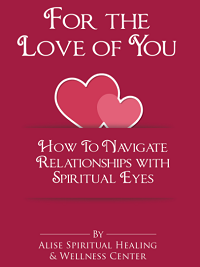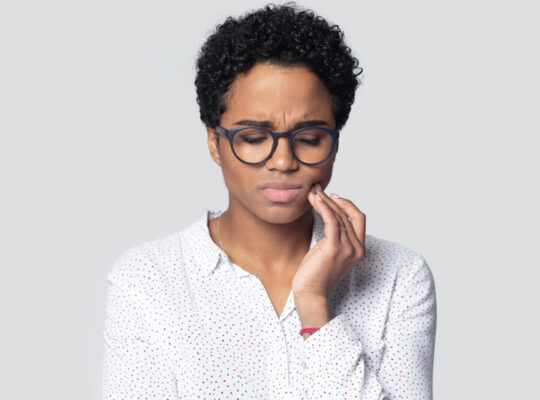Having braces is not just for children and teenagers anymore. Many adults are now turning to orthodontic treatment to improve their smiles and correct bite issues. We will discuss why you might need braces as an adult, how to explore your options, and what to expect during treatment.
Why You Might Need Braces
There are many reasons why you might need braces as an adult. One of the most common reasons is to improve the appearance of your smile. Crooked or misaligned teeth can be unsightly and make you self-conscious. Braces can help straighten your teeth and give you a smile you can be proud of. Another reason why you might need braces is to correct bite issues. Bite issues can cause problems with chewing and speaking and can even lead to jaw pain. Braces can help correct these issues and improve your overall oral health.
If you have suffered trauma to your mouth, such as an accident or injury, braces can help correct the damage and restore your smile. Finally, if you suffer from severe temporomandibular joint TMJ) disorder, braces can help reduce pain and improve your bite. matter what your reason is for needing braces, it is important to speak with an orthodontist to determine the best course of action.
How to Explore Your Options
If you are considering getting braces as an adult, it’s essential to explore your options carefully. Start by talking to your dentist or orthodontist. They can evaluate your teeth and recommend the best treatment option for your needs. One option to consider is Invisalign. Invisalign is best if you’re self-conscious about how you look. Invisalign is also removable, making it easier to eat, brush, and floss. Another option to consider is ceramic braces. Ceramic braces are similar to traditional metal braces but are made of clear or tooth-colored materials. They blend in with your teeth and are less noticeable than metal braces.
What to Expect During Treatment
If you decide to get braces as an adult, it’s essential to know what to expect during treatment. The length of treatment varies depending on your individual needs and can range from several months to a few years. During treatment, you will need to visit your orthodontist regularly to have your braces adjusted. You may also experience some discomfort or soreness, especially in the first few days after getting your braces. Your orthodontist can recommend pain relief options and give you tips on how to manage any discomfort. You will also need to take extra care of your teeth during treatment. This includes brushing and flossing regularly and avoiding foods that can damage your braces. Your orthodontist can give you detailed instructions on how to care for your teeth during treatment.
Getting braces as an adult can be a great way to improve your smile and correct bite issues. By working with your orthodontist and taking good care of your teeth, you can achieve a healthy, beautiful smile
Did you enjoy reading this article? Here’s more to read: Types of Skin Blemishes and How to Deal With Them

